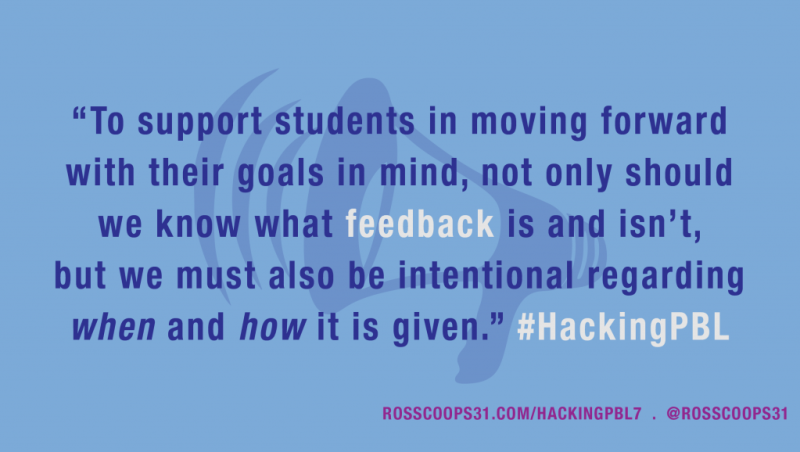It was a late Saturday night when my colleague and coauthor, Erin Murphy, wrote the first draft of our introduction to Hacking Project Based Learning. When she handed it over to me for feedback, I have to admit I was a bit teary-eyed as I read through the excerpt that focused on the work I did with my students as a fourth grade teacher. (Yes, I loved my job.) More specifically, the first paragraph of the introduction is all about the egg drop project I facilitated – yes that egg drop project in which students are charged with designing a protective packaging for an egg in hopes of it surviving a drop from up high.
Nonetheless, I realize not all egg drops are created equal. Just like any other project, the extent to which students are engaged in inquiry, critical thinking, and creativity largely depends on the teacher’s decisions (some subtle, some not so much) during the project planning process.
That being said, let’s take a look at how my fourth grade egg drop compares to the egg drop I experienced when I attended space camp as an eight year old.
[Read more…] about Not All Egg Drops Are Created Equal #HackingPBL









